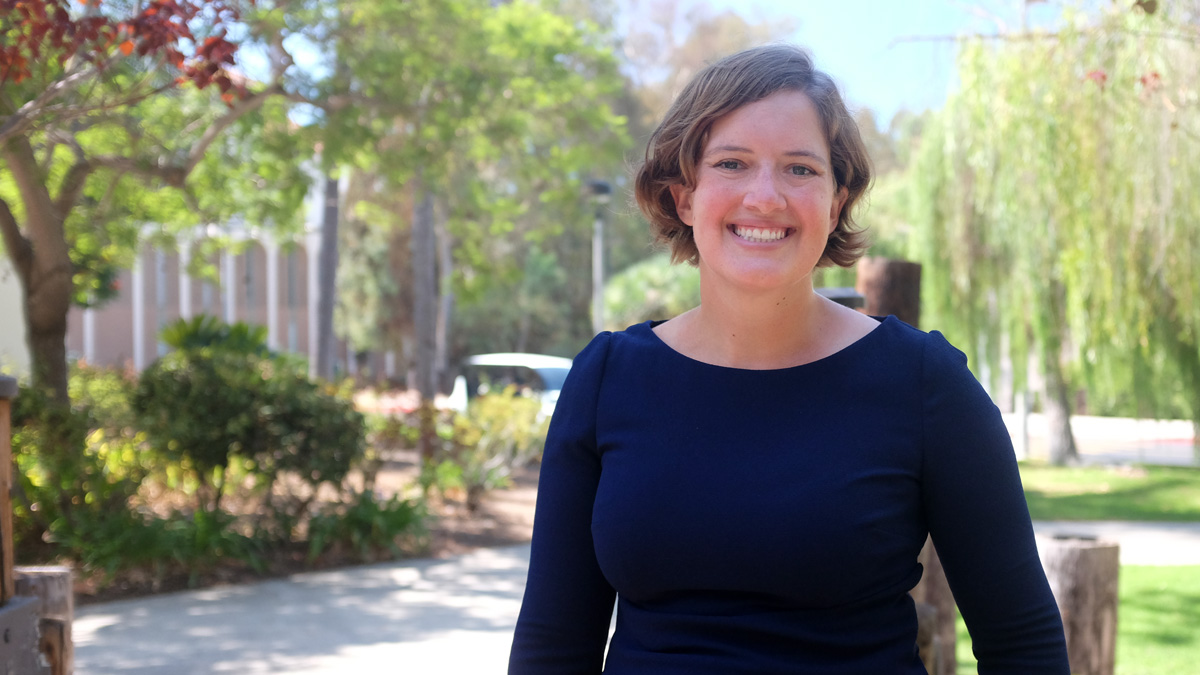
Kathleen Schenkel has a busy summer in store. She’ll soon be devising coastal climate learning kits that will be distributed to children across North America. Likely contents include craft supplies and polaroid cameras.
If that doesn’t fit with a traditional understanding of how kids learn science, that’s by design.
Schenkel, an assistant professor in San Diego State University’s School of Teacher Education, is co-leading a bi-national research project to explore innovative ways kids can build meaningful connections with their environments.
“For a lot of kids, school is a place that doesn't support who they are,” said Schenkel. “Dominant forms of schooling often marginalize students — particularly students of color or students who speak multiple languages. We see this project as an opportunity to expand who is recognized for what expertise. To give kids the opportunity to use science, social studies, art, history, all sorts of things, in ways that matter to their community outside of the boundaries of school.”
The project was funded by a grant of more than $185,000 (USD) from the Government of Canada's New Frontiers in Research Fund, which was seeking innovative approaches to research in the pandemic context. Schenkel is collaborating with Cassie Brownell of the University of Toronto and Jon M. Wargo of Boston College.
Their study will engage 180 young people in Boston, Toronto and San Diego in a full year of experiential science learning. Starting in the fall, the researchers will send out the first of four seasonal kits — each will help students explore questions about nature, the environment and climate change.
The curriculum will include activities such as community walks and crafting to represent the world around them. Kids will then post thoughts and videos about their explorations online and connect with their fellow participants via Zoom sessions. Everything will culminate with showcases in the three cities where guests can explore the childrens’ narratives and discoveries.
Schenkel said she is eager to discover what works well and what doesn’t from this non-traditional approach. Her hope is that kids will eagerly consume the kits, make keen observations and connect with the environments around them.
“I want to find out how we can use these asynchronous research and pedagogical approaches to continue to support kids and families using multiple forms of expertise in ways that matter to them,” she said. “That would be an exciting outcome.”
A former middle school science teacher herself, Schenkel now studies how power hierarchies operate within learning spaces, how that adversely impacts children and how teachers, students and families can disrupt those hierarchies.
This latest project aims to build on what worked well from the do-it-yourself science learning employed by many families at the height of COVID-19 school closures.
“Meaningful learning wasn't happening through worksheets or through duplicating some of the oppressive practices in school at home,” Schenkel said. “It was kids being able to go on walks together or spend time together. Hopefully these approaches will be able to support kids in being able to learn in ways that matter to them.”
